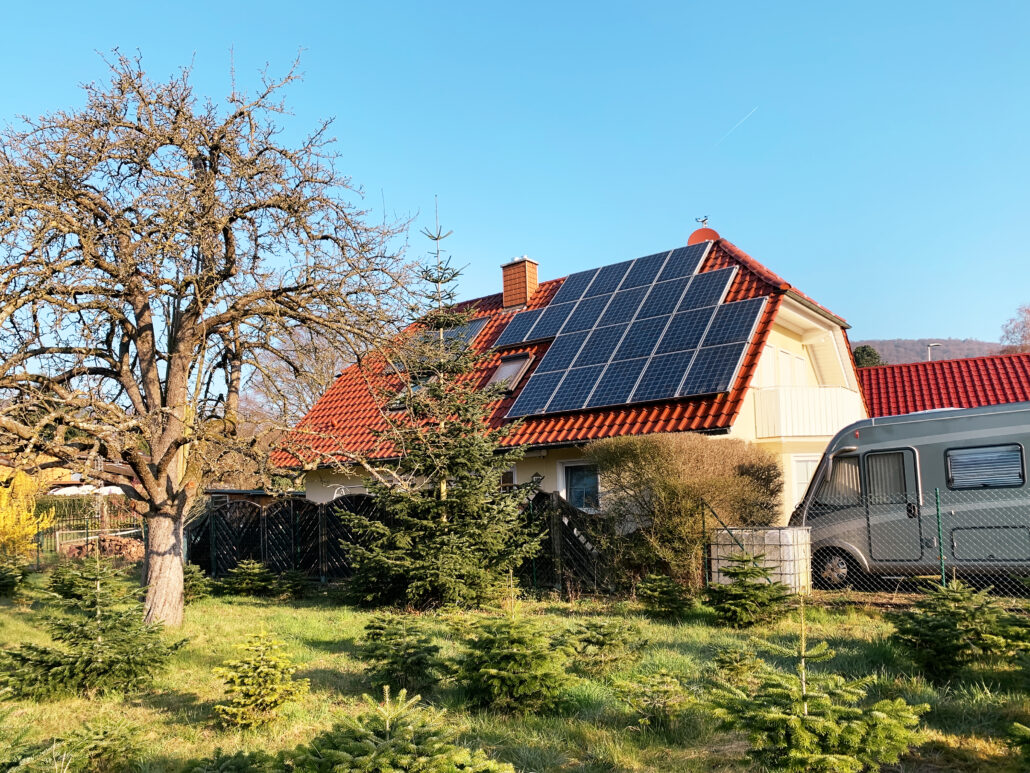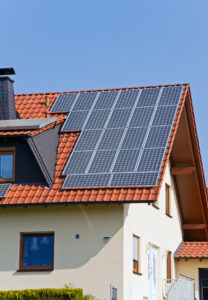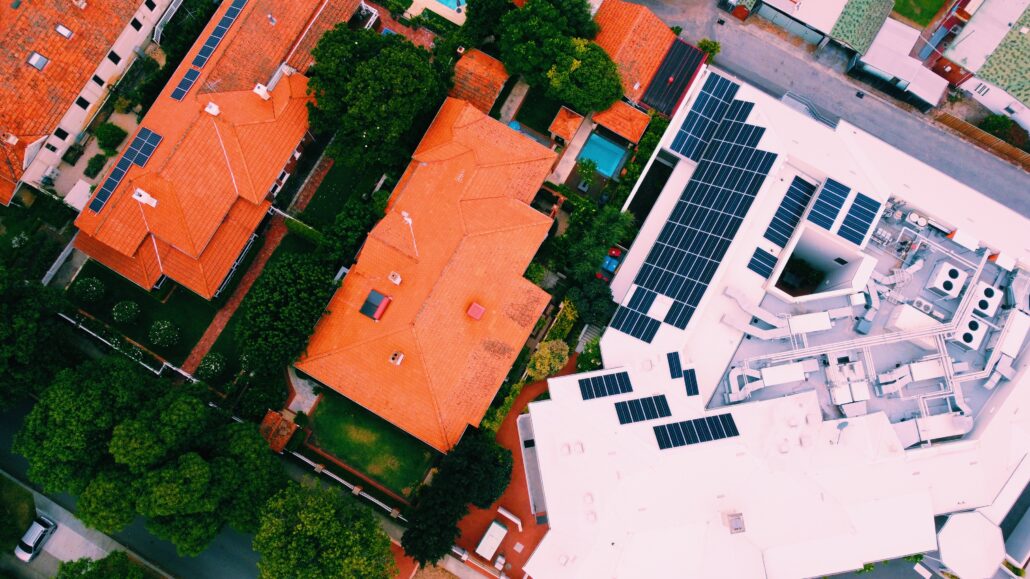- Declining Efficiency: Over time, solar panels lose efficiency, usually at a rate of about 0.5% or less per year. After 25 years, your panels might still produce electricity, but at a reduced rate.
- More Maintenance: Panels may require minimal maintenance, such as cleaning and occasional repairs. The inverter, which converts the DC power generated by panels into usable AC power, might need replacement during this time.
- Recycling: Solar panels are recyclable, and their components can be reused. Many countries have recycling programs in place to ensure responsible disposal and reclamation of materials.



